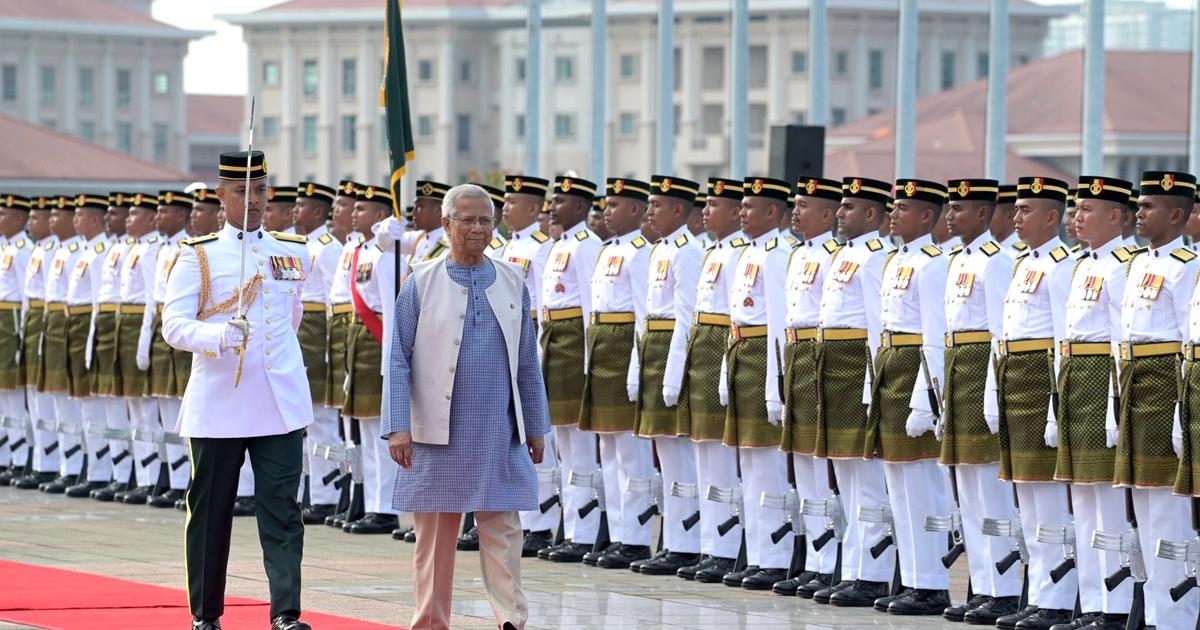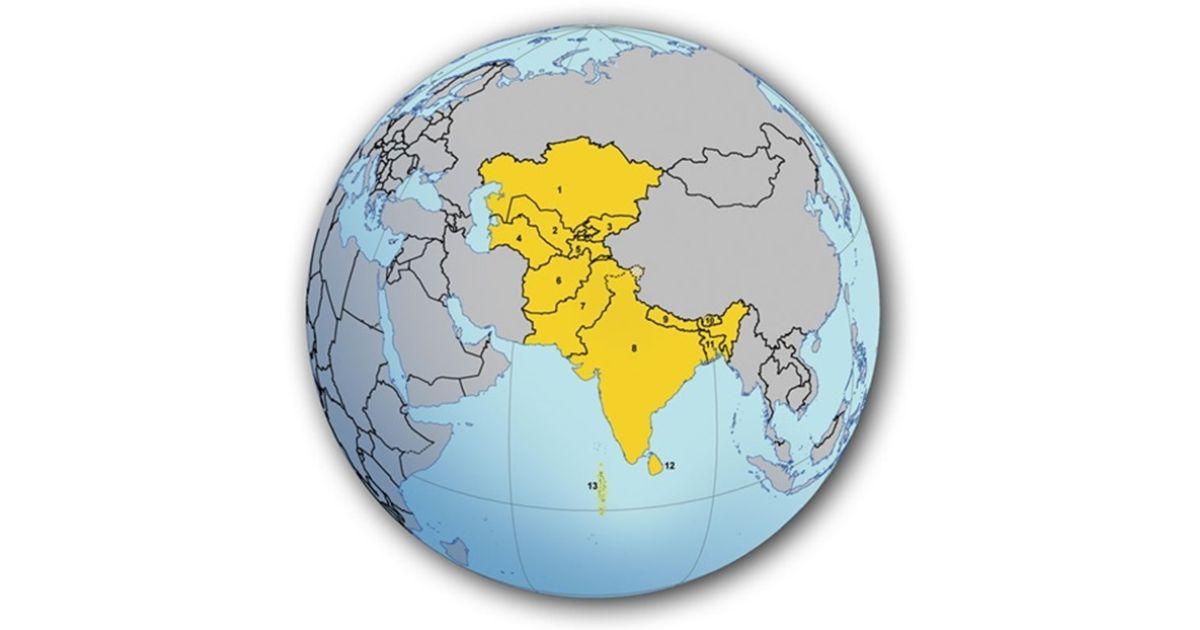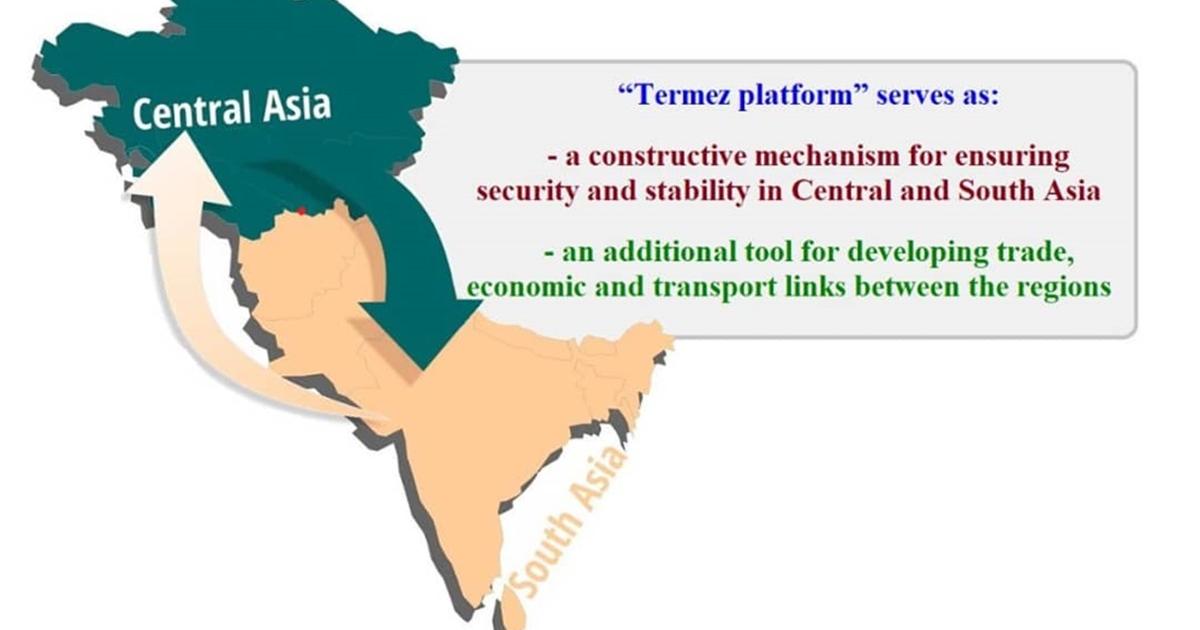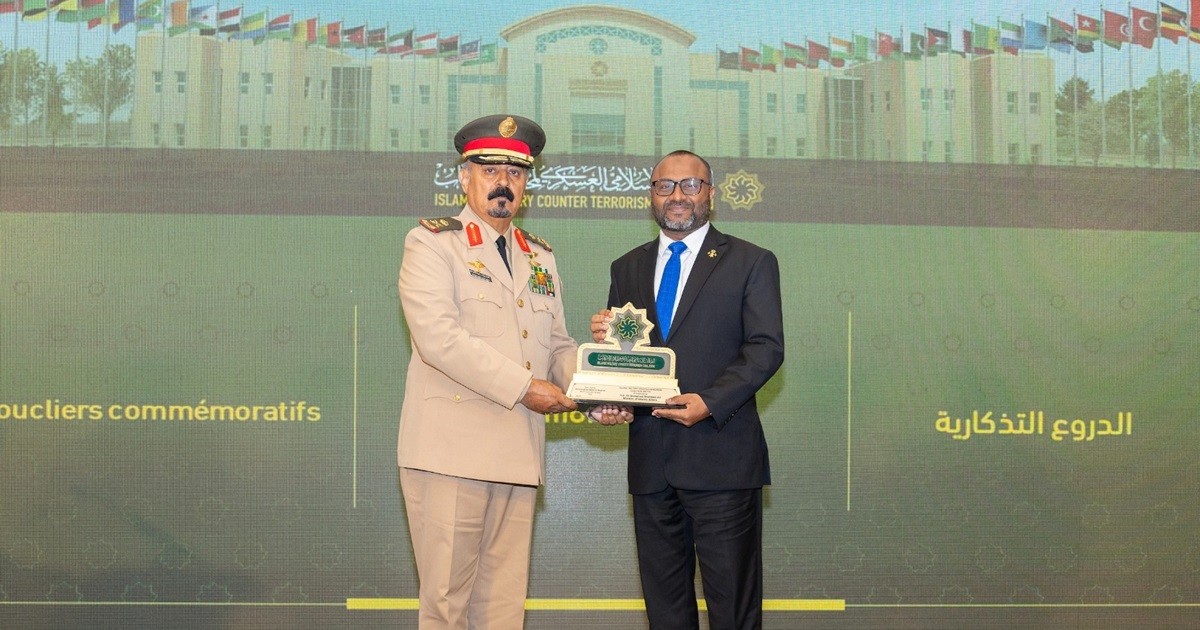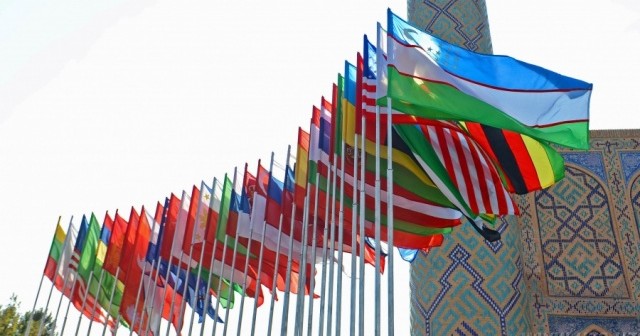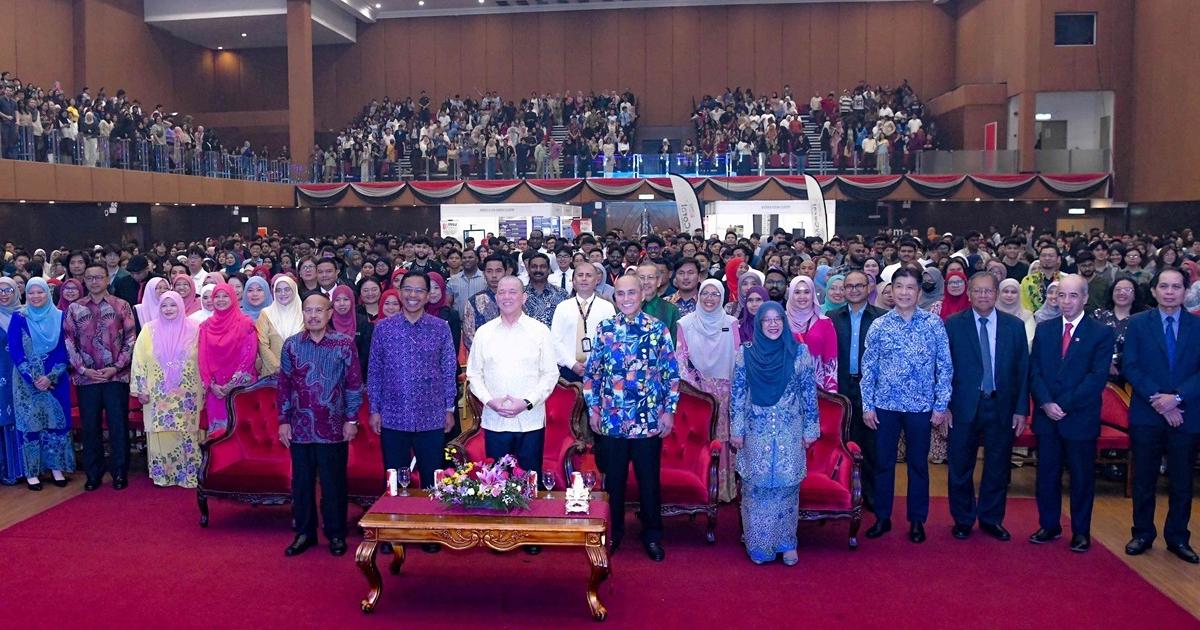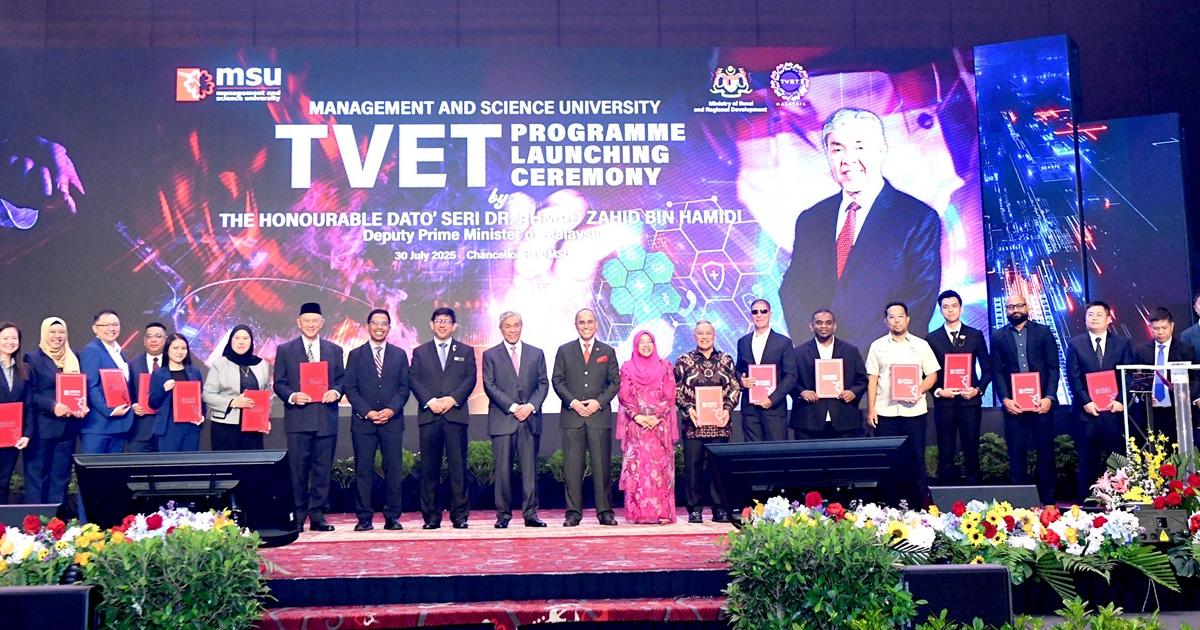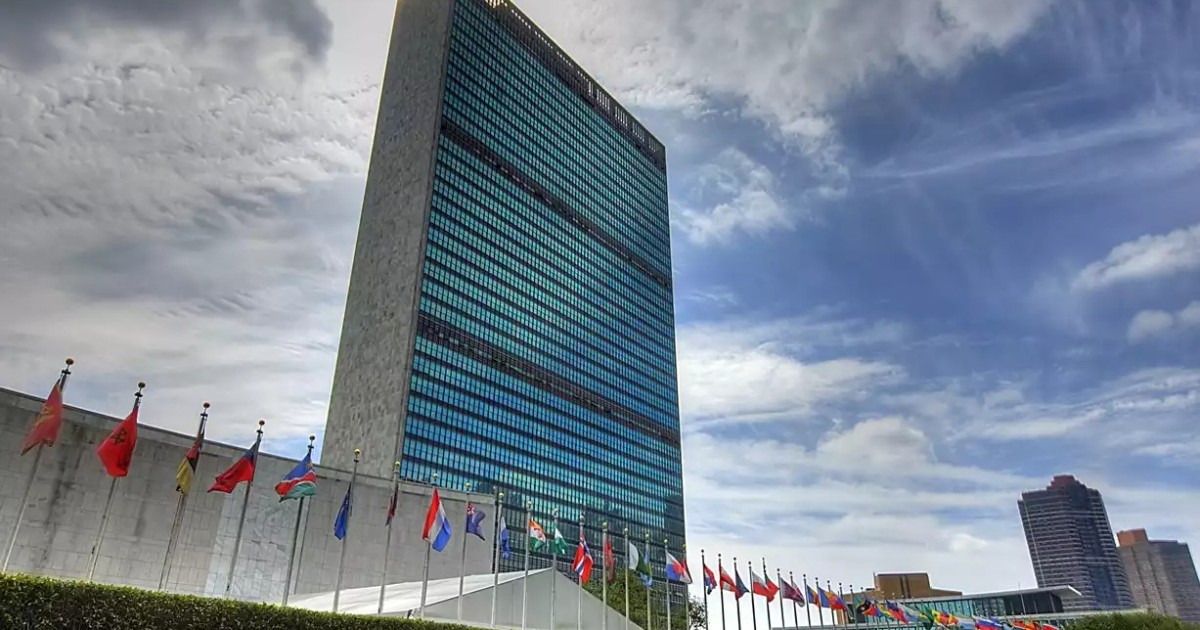
The United Nations General Assembly unanimously adopted a resolution to address the pressing environmental problems in Central Asia last week. The proposal, initiated by Uzbekistan and co-authored by a coalition of nations, including Malaysia, underscores the region’s commitment to joint action to combat climate change and promote sustainable development.
The resolution entitled “Central Asia in the face of environmental challenges: strengthening regional solidarity for sustainable development and prosperity” recognizes climate change as one of the most difficult challenges of our time, severely hampering the sustainable development of nations worldwide.
The intergovernmental negotiation process to draft and agree on the resolution text lasted two months, from October to November, and took place at the UN headquarters in New York. Experts from numerous countries actively participated in the consultations. As a result, representatives of more than 100 countries made proposals to fill the text with specific content and achieve universal consensus.
With 35 UN member states from diverse regions co-sponsoring the resolution, including all Central Asian countries, Armenia, Azerbaijan, Belarus, Hungary, Venezuela, China, Egypt, Indonesia, Jordan, Germany, Switzerland, Malaysia, Nicaragua, Singapore, Turkey, Paraguay, and others, the resolution reflects broad international support for tackling environmental challenges in Central Asia.
The text specifically mentions a number of initiatives of the President of Uzbekistan, including the “Green Agenda for Central Asia” and its role in promoting sustainable development in the region. In the resolution, the member states welcome the initiative of Uzbekistan to hold the International Climate Forum in Samarkand in 2024. Particular attention is paid to efforts to mitigate the consequences of the drying up of the Aral Sea, with special emphasis on the activities of the UN Multi-Partner Trust Fund for Human Security for the Aral Sea region, established on the initiative of the leader of Uzbekistan. An appeal was made to the international community to continue supporting this fund.
New technologies and best practices are at the heart of the resolution’s call to action against desertification, drought and sand and dust storms in Central Asia. It emphasizes the crucial role of innovative approaches in mitigating these environmental threats.
The resolution focuses on strengthening regional cooperation to combat environmental challenges, particularly in the Aral Sea region. The document calls for joint efforts to promote socio-economic development and implement measures to adapt to climate change.
The resolution contains specific tasks to effectively counter climate and environmental threats in Central Asia, including through the development of sustainable agriculture, landscaping, rational use of water resources, energy efficiency, waste recycling, development of sustainable tourism, creation of “smart cities” and sustainable transport.
The General Assembly recommended that the UN, international and financial institutions, the private sector, investors and donors continue to mobilize resources, build capacity and provide assistance to address environmental problems in Central Asia.
The climate change is one of the most complex problems of our time and creates serious difficulties for the sustainable development of all countries. President Shavkat Mirziyoyev, speaking at the UN in September 2023, noted that over the past thirty years the air temperature in Central Asia has increased by one and a half degrees. “This is twice the global average warming, As a result, about a third of the total area of glaciers has disappeared.” The President Shavkat Mirziyoyev added that if this trend continues, then in the next twenty years the flow of two large rivers in the region - the Amu Darya and the Syrdarya - may decrease by 15 percent. “Per capita water availability is expected to decline by 25 percent and crop yields by 40 percent,” he added at the time, calling on the international community to take action.
- Business News 100
- Country News 16
- Feature News 30
- International News 151
- Interview News 35
- National News 18











